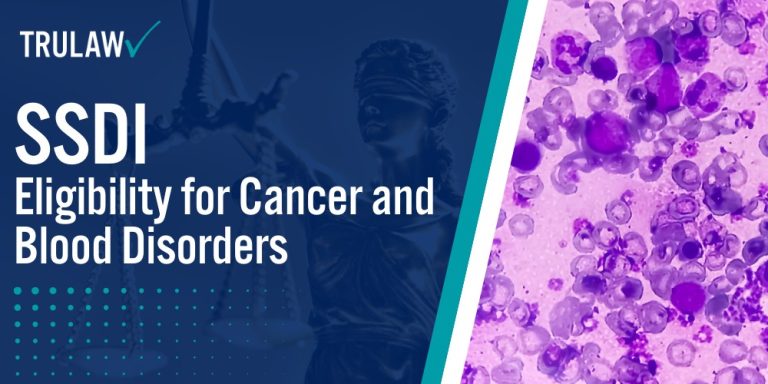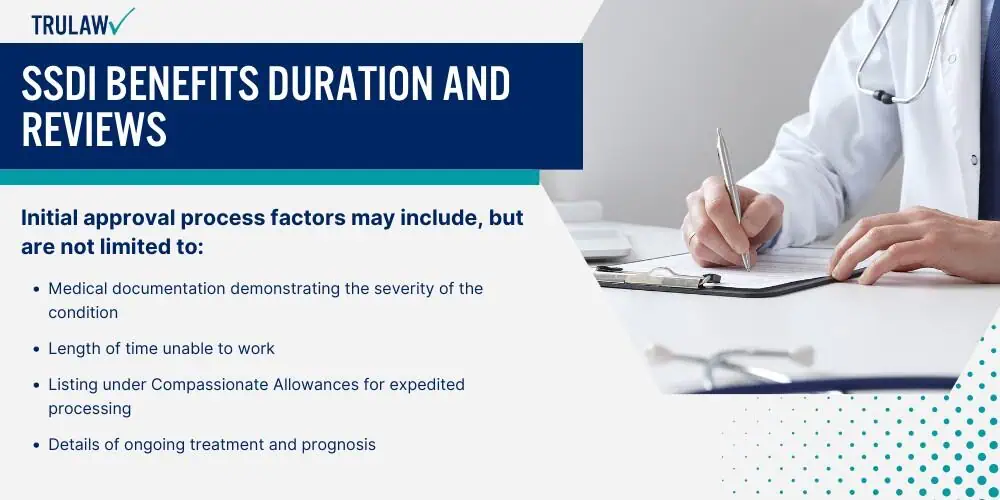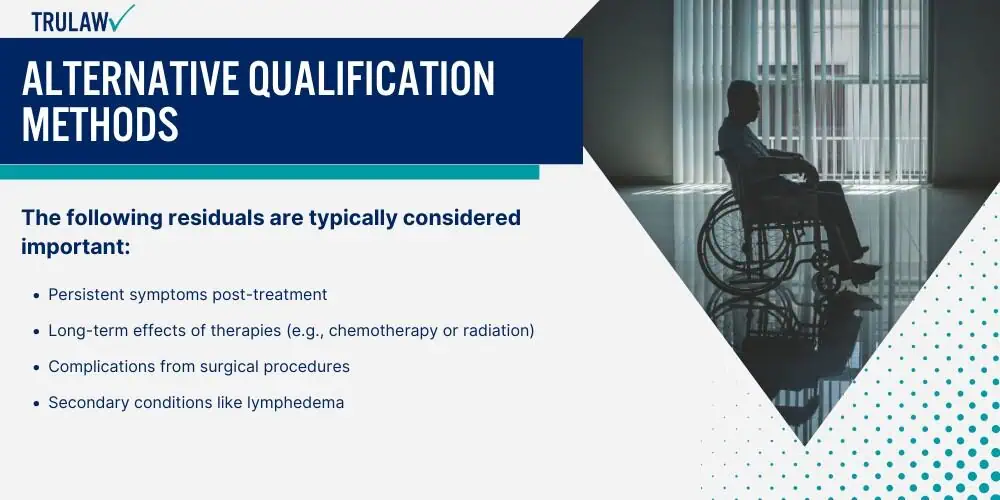Medical evaluation standards for SSDI eligibility concerning cancer and blood disorders hinge greatly on how these health conditions impair an individual’s ability to maintain gainful employment.
Complications such as blood clots can significantly impair an individual’s ability to work and are considered in the evaluation.

The Social Security Administration (SSA) employs specific criteria outlined in the Blue Book, which details medical conditions that might qualify a person for disability benefits.
For cancer patients and those suffering from blood disorders, eligibility often depends on the severity of the disease, how it affects everyday functioning, and whether treatment side effects are long-lasting or permanent.
Anemia, for instance, occurs when there aren’t enough red blood cells to sufficiently oxygenate the body’s tissues, and its severity can impact SSDI eligibility.
The SSA’s assessments incorporate medical evidence, which may include staging of cancer and residual capability assessments for evaluating the functional impact of blood disorders.
Various blood disorders, particularly anemia and polycythemia vera, directly impact the levels and functionality of red blood cells in the body.
These conditions can lead to a reduced number of red blood cells or abnormal red blood cells, contributing to symptoms like fatigue and complications that may qualify for disability benefits.
Cancer Staging and Response
Cancer staging is a vital aspect of evaluating SSDI eligibility for individuals with cancer.
The stage of cancer reflects how advanced the cancer is and helps determine the extent to which the disease interferes with an individual’s ability to perform work-related activities.
Generally, stages range from Stage I to Stage IV, with Stage I indicating localized cancer and Stage IV indicating widespread cancer that significantly affects bodily functions and, thereby, employment capabilities.
For SSDI purposes, more advanced stages, particularly Stages III and IV, are more likely to meet the disability criteria under SSA guidelines, as they typically indicate a higher degree of disruption to normal work activities.
The specific criteria for evaluating cancer stages include:
- Stage I: Localized cancer with minimal impact on daily activities.
- Stage II: Cancer that may involve some nearby lymph nodes.
- Stage III: Cancer spreads to non-adjacent lymph nodes; greater impact on body functions.
- Stage IV: Advanced cancer with metastasis affecting multiple organs and functions.
Determining the exact stage can influence the type and duration of disability benefits, with more advanced stages typically qualifying for expedited processing.
The SSA may evaluate cancer based on documented medical imaging, biopsy results, and doctor assessments to substantiate the stage claimed.
Additionally, the treatment response is considered as it may lead to changes in functional capacity, impacting one’s ability to work temporarily or permanently.
Residual Effects Assessment
For both cancer and blood disorders, evaluating the residual effects post-treatment is vital in determining continued SSDI eligibility.
This involves assessing the residual functional capacity (RFC), which measures what tasks an individual can still perform despite the limitations caused by their medical condition.
Side effects from treatments such as chemotherapy, radiation, or surgeries are considered, as they can significantly affect daily functioning and limit working capabilities.
Key components of the residual effects assessment may include:
- Fatigue Levels: Frequency and severity of fatigue experienced post-treatment.
- Mobility: Ability to move and maintain stamina throughout a workday.
- Cognitive Impact: Effects on memory, concentration, and problem-solving skills.
- Emotional and Psychological State: Depression or anxiety resulting from the disease or its treatment.
The SSA thoroughly reviews medical records and treatment histories to understand the depth of any residual impairments.
These evaluations help determine if the claimant can adapt to other forms of employment or if their condition remains beyond such capability.
A comprehensive RFC assessment ensures that individuals impaired by cancer or blood disorders receive appropriate consideration for disability benefits, reflecting an accurate portrayal of their current health status and its impact on their daily and occupational capabilities.






